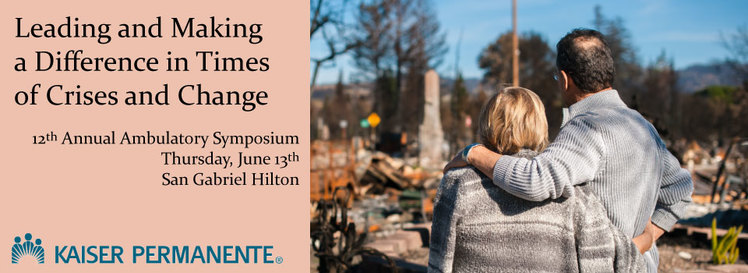WEBSITE REGISTRATION
- Registration fees include continuing education credits, breakfast and lunch.
- Attendance/Registration is open to healthcare providers from Kaiser Permanente and practitioners in the community.
- Representatives and licensed providers from pharmaceutical companies are not permitted to attend.
- All website registration fee deadlines are at 11:45pm.
REGISTRATION FEES
$125.00 if register on the website by May 29, 2019 at 11:45pm
$150.00 if register on the website before June 5 at 11:45pm
Registration closes at 11:45pm on June 5, 2019
On-Site/Walk-In Registration: The Walk-in registration fee is $175.00
and will be taken on a space available basis.
E-mail Wendy.L.Friedman@kp.org with your cancellation request.
Fees will be refunded back to the credit card used to register minus a $25 processing fee. If symposium is canceled, the above refund policy will be enforced.
CONTINUING EDUCATION INFORMATION
Registered Nurses and Nurse Practitioners:
California Board of Registered Nursing, Provider Number CEP751,
for the following totals: 7.1 if you attend the whole day.
No other CEU types will be offered.
Course Description: Course is designed to provide updates on health care issues relevant to ambulatory clinical practice.
At the end of the day, the attendees will be able to:
· Verbalize understanding of the importance of resilience in times of crises and change.
· State strategies that can be employed to rise resilient in these times.
· Identify elements of the Garfield Distinction that could be applied to their area of practice.
· Cite examples of how Kaiser Permanente Northern California met the needs of members, staff and the community during recent natural disasters.
· Cite examples of how Kaiser Permanente Southern California met the needs of members, staff and the community during recent natural disasters.
· Verbalize ideas on how they can address social determinants of health.
· Identify risk factors or warning signs of suicide.
· Identify suicide prevention strategies and guidelines.
· List new knowledge or insight that they can apply to enhance their practice.


